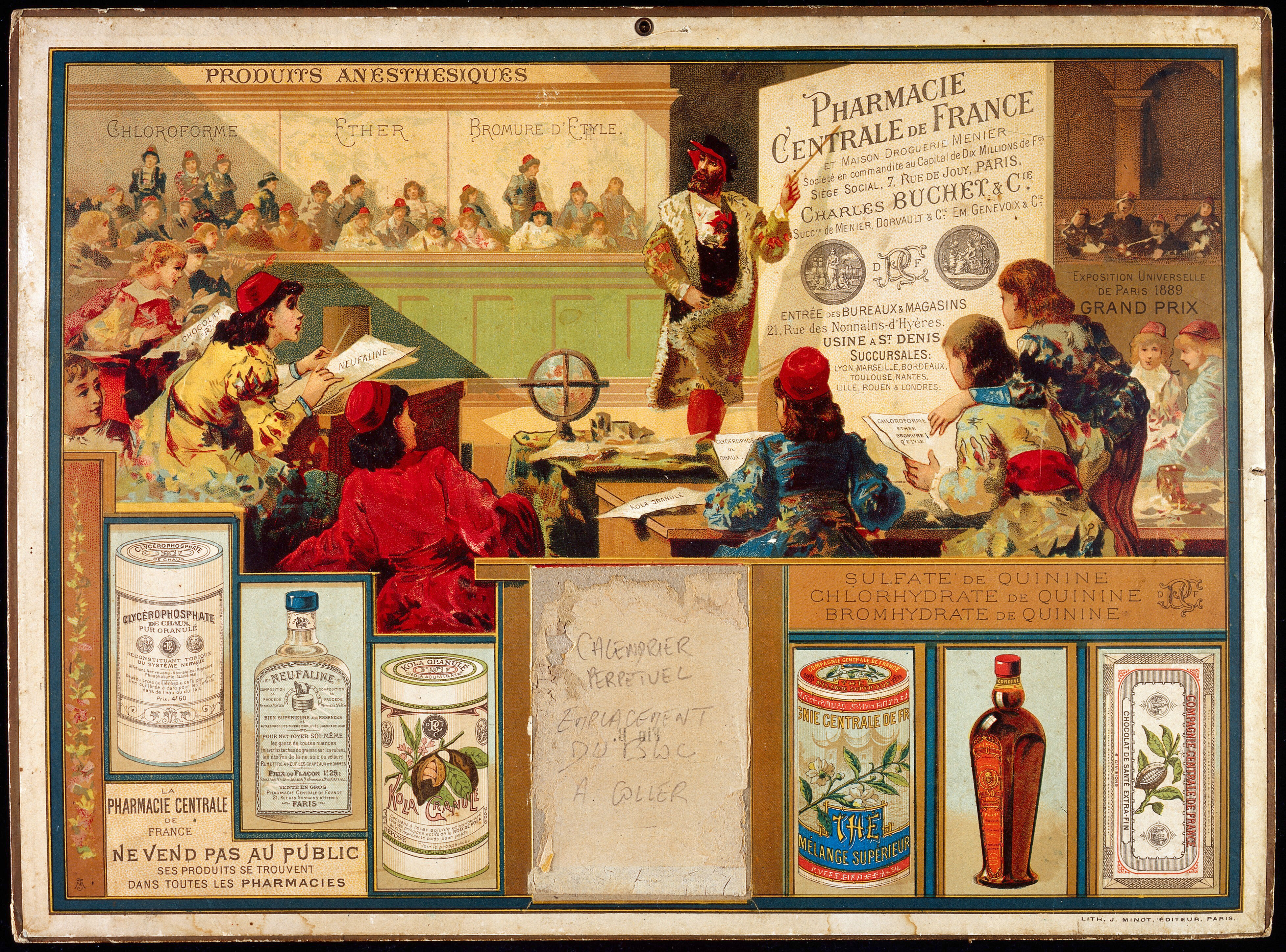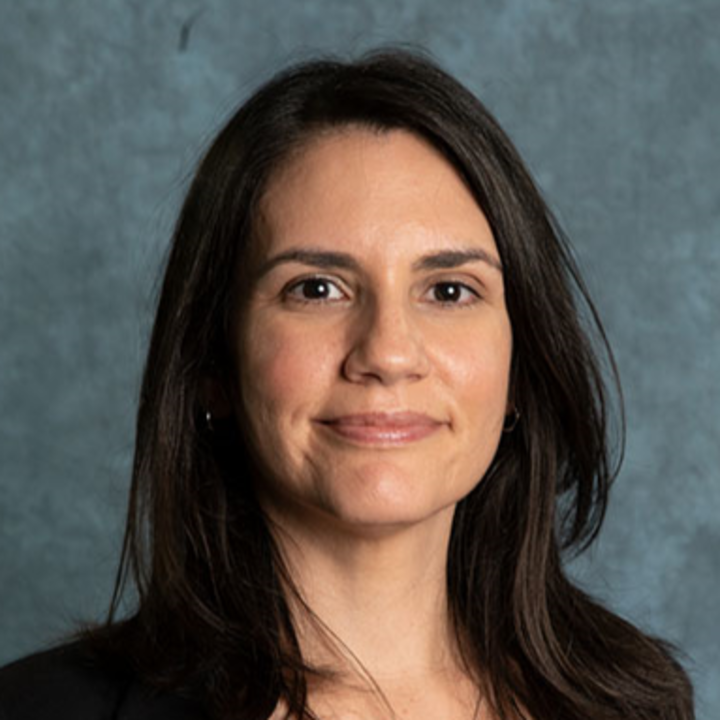The 18 credit-hour Humanities in Medicine minor at the University of Nebraska-Lincoln puts humanistic inquiry at the center of scientific, clinical, and policy-related work in medicine. This interdisciplinary program offers students a rich, multifaceted understanding of healthcare by blending insights from various disciplines, including history, literature, philosophy, and social sciences.
This approach equips students to see medicine not just as a biological science but as a deeply human practice shaped by social, cultural, and ethical forces. By engaging with personal narratives and different worldviews, students cultivate empathy and strengthen their communication skills—essential tools for building trust and meaningful connections with patients.
An education in medical humanities also promotes critical thinking by encouraging students to analyze complex ethical and moral issues, question assumptions, and evaluate problems from multiple viewpoints. By examining the historical and cultural contexts of medical practices, students gain an appreciation for how these practices have evolved over time and how they impact contemporary healthcare.
Ultimately, the Humanities in Medicine program prepares students to approach patient care with greater sensitivity and understanding.
Image: A professor teaching pharmacy to students in mid-16th century Paris; representing a calendar advertising products of the Pharmacie Centrale de France. Colour lithograph, after 1889. Via wellcomecollection.org.
From the Director
Welcome to the Humanities in Medicine program at the University of Nebraska-Lincoln. I am thrilled to have you join us in exploring the intersection of medicine, health, and the human experience. In this program, you will discover how disciplines such as history, philosophy, literature, anthropology, sociology, communication studies, and others, can help us better understand health, illness, and the complexities of healthcare. Through critical thinking and reflection, you will engage with the ethical, cultural, and emotional dimensions of medicine, gaining insights that are essential for both future healthcare professionals and those interested in the broader human experience.
As director, I am passionate about the transformative power of the medical humanities and how it can shape a more compassionate, thoughtful approach to care. Whether you are drawn to this field out of academic curiosity or a desire to make a difference in healthcare, I am confident that the perspectives you gain here will enrich both your studies and your personal growth. I look forward to supporting you as you embark on this journey, and I encourage you to engage deeply with the material and contribute your unique perspectives to our discussions.
Welcome to the start of an exciting and meaningful exploration!
History
The program began in 1996 with the support of a gift from Linda and Charles Wilson. The Wilson Fund provides scholarships for pre-medicine students who major in a humanities or social sciences field (the Scholars' Program) and support for visiting speakers and special events. The interdisciplinary minor was launched in 2008 and attracts students pursuing a variety of majors.

